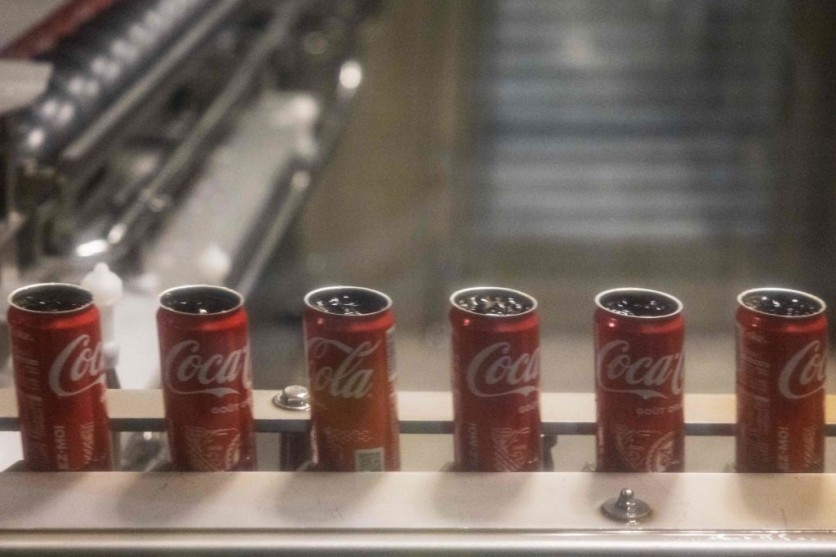For years, a persistent myth has circulated, asserting that Coca-Cola possesses miraculous properties for alleviating a blocked esophagus.
This belief gains prominence, especially during holiday seasons like Christmas and Thanksgiving, coinciding with a surge in cases of esophageal food bolus-an emergent condition often triggered by overeating or hastily consuming meals.

Using Coca-Cola as Treatment
To scrutinize the veracity of this belief, a recent study delves into the efficacy of using cola as a pre-endoscopic treatment. The initiative stems from emergency physician Elise Tiebie, prompted by the widespread circulation of this remedy online, from reputable websites to Wikipedia.
Interesting Engineering reported that the study also drew inspiration from an anecdote in a British newspaper recounting paramedics purportedly saving a life by employing cola.
Arjan Bredenoord, Professor of Gastroenterology at Amsterdam UMC and the study's lead author, comments on the prevalence of this belief, highlighting instances where even medical professionals have endorsed cola's use in such situations.
For an extended duration, a widely perpetuated misconception has circulated, suggesting that Coca-Cola holds remarkable properties capable of relieving a blocked esophagus.
This enduring belief tends to gain momentum, particularly during festive seasons like Christmas and Thanksgiving, coinciding with a noticeable surge in cases of esophageal food bolus.
The myth surrounding the effectiveness of Coca-Cola in alleviating esophageal blockages has persisted, leading individuals to turn to this beverage as a supposed remedy during instances of discomfort or difficulty swallowing.
This belief's prevalence during holiday seasons might be linked to increased indulgence in rich and abundant meals, potentially contributing to a higher occurrence of esophageal issues.
Debunking the Myth
Researchers in five Dutch hospitals recently conducted an investigation involving 51 patients who faced the potential need for emergency endoscopy due to suspected food blockage, as reported by EurekAlert!
The study divided the participants into two groups: one received sips of cola while awaiting treatment, and the other waited without cola. Surprisingly, the findings showed that cola did not significantly contribute to improving the situation.
Results revealed that around 61 percent of patients in both groups experienced improvement, regardless of cola consumption. Importantly, no adverse effects or complications were observed in patients who consumed cola during the study.
He summarized the outcomes, emphasizing that using cola to loosen stuck food in the esophagus did not show significant improvement. In instances where the food did not dislodge naturally over time, endoscopy was performed.
Bredenoord underscored the significance of accurate treatment, highlighting the potential dangers associated with this condition and the need to determine the efficacy of a commonly held belief.
This study, featured in The BMJ on December 11, aims to dispel the persistent myth surrounding cola's efficacy in addressing esophageal food blockage, contributing valuable insights to evidence-based medical practices.
Esophageal food bolus transpires when a food particle lodges itself in the esophagus, the passage connecting the mouth to the stomach.
Traditional treatment involves the administration of muscle-relaxing medications or, in persistent cases, resorting to endoscopy to remove the obstructing food item.
Intriguingly, a subset of individuals subscribes to the notion that consuming Coca-Cola can bring relief in such situations.
Related Article : Coca-Cola Y3000 Recipe Came from Generative AI-But How Does the Limited Edition Flavor Taste?

ⓒ 2025 TECHTIMES.com All rights reserved. Do not reproduce without permission.




